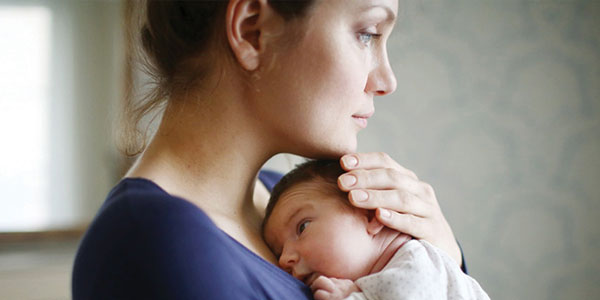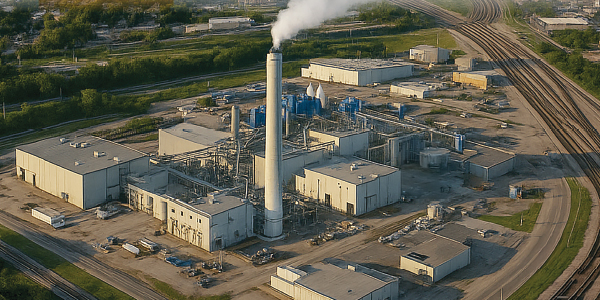
Para las madres, el nacimiento de un bebé con frecuencia les da alegría.
Aunque también podría traer depresión de postparto.
De acuerdo con la información de la Clínica Mayo, Una de cada siete mujeres experimentan depresión de postparto. Esta depresión proviene de cambios físicos, incluyendo una reducción en la producción de hormonas. Después del nacimiento, el cuerpo pasa por una disminución significativa de hormonas. La depresión de postparto también está relacionada con problemas emocionales, por ejemplo, muchas mujeres se sienten nerviosas sobre cuidar a su nuevo bebé y se sienten menos atractivas que antes de que naciera el bebé
Los síntomas de la depresión de postparto incluyen, cambios en el estado de ánimo, períodos de llanto, ansiedad, insomnio, pérdida de apetito, e irritabilidad y dificultad para formar un vínculo con el bebé. Los síntomas pueden durar mucho tiempo y con frecuencia evitan que las madres hagan sus actividades diarias. Los síntomas pueden surgir dentro de la primera semana del nacimiento del bebé. Las investigaciones demuestran que muchas mujeres pueden tener depresión de postparto hasta seis meses después de que nace el bebé.
A Las mujeres que notan que sus síntomas empeoran se les aconseja que se comuniquen con su doctor o terapeuta para una cita para tratamiento. Los tratamientos para la depresión postparto incluyen medicamentos antidepresivos y psicoterapia. Se les aconseja a los seres queridos que ayuden a las mujeres en sus vidas que están pasando por esta depresión escuchándolas y hablando con ellas. Al proveer apoyo emocional a una mujer muchos doctores recomienda que tengan cuidado al criticar, ser pacientes, acompañar a la madre con el terapeuta, animarla para que haga cualquier tipo de actividad y ser cariñoso.
How to cope with postpartum depression
For mothers, the birth of a baby often brings joy.
It also might bring postpartum depression.
According to information from the Mayo Clinic, 1 out of 7 women experience postpartum depression. Postpartum depression results from physical changes, including a reduction in hormone production. After birth, the body experiences a significant drop in hormones. Postpartum depression also is linked to emotional issues; for example, many women feel anxious about taking care of their new baby and feel less attractive than they were before the baby was born.
Postpartum depression symptoms include mood swings, crying spells, anxiety, insomnia, loss of appetite, irritability and difficulty bonding with the baby. The symptoms can last a long time and often prevent mothers from doing their daily activities. Symptoms can emerge within the first week of having the baby. Research shows that many women have experience postpartum depression up to six months after their baby is born.
Women who notice their symptoms are getting worse are advised to contact their doctor or therapist for an appointment for treatment. Treatments for postpartum depression include the prescription of antidepressants and psychotherapy. Loved ones are advised to help the women in their lives who are going through postpartum depression by listening and talking to them. In providing emotional support to a woman experiencing postpartum depression, many doctors recommend loved ones use care when criticizing, be patient, go to the therapist with the mother, motivate her to do any kind of activity and be physically affectionate.










